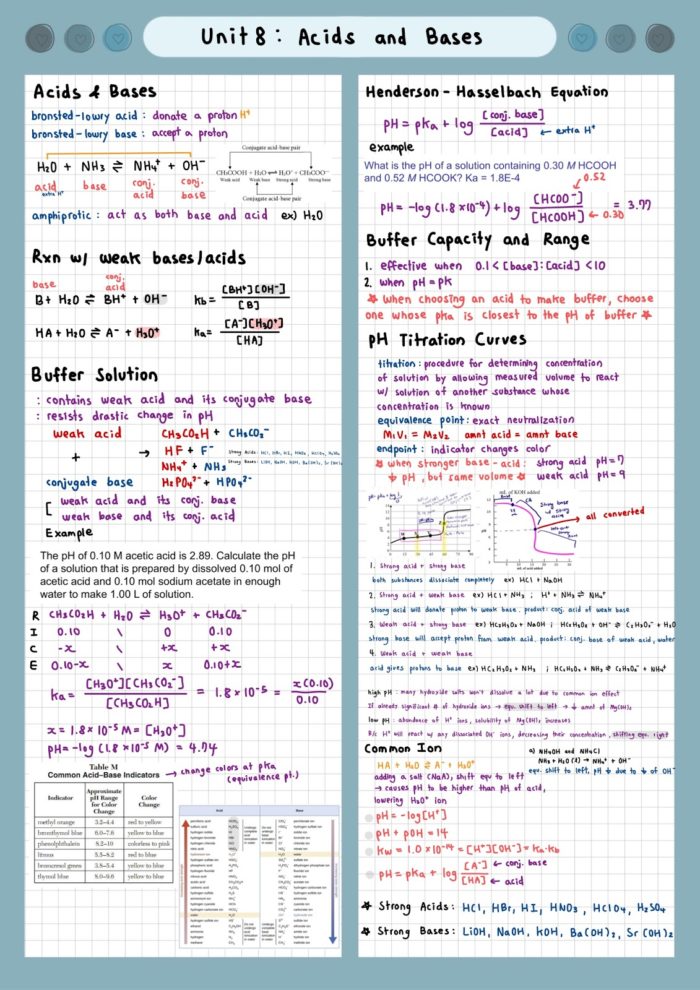By Soyoung Kim
The AP Exams, held yearly in May all around the world, aim to assess the knowledge and the capability of a student’s academic skills at a college level. There are about 24 subjects available for Advanced Placement (or simply AP) such as English literature, Spanish language, Physics C and more. Our school, MCSM, offers AP courses to all students except for freshman. You can take a maximum of two AP classes in sophomore year, three in junior and four to five in senior. MCSM has AP World History as a mandatory class for sophomores and AP English for seniors. Taking AP is worthwhile as the GPA would be “weighted” in your college admissions. It also shows how much you have challenged your academic skills and furthermore, you would earn college credits later. Due to the pandemic, you will have three types of test options this year: In school (paper), In school and At Home (Half are paper, half are digital), and In school and At Home (digital). The dates for each subject are indicated in the (https://apstudents.collegeboard.org/exam-calendar). If you are not sure which administration you are assigned, please check with your AP classroom.
If you are taking it digitally at home, here’s the tip that you should know before taking the exam. You must install the lockdown browser by following the steps described in: (https://apcentral.collegeboard.org/about-ap-2021/updates/digital-exams/download-testing-app ).
The CollegeBoard states that the tests will “not include questions that can be answered with internet searches, textbooks, notes, study guides, or similar material” and that they will be reviewed with “plagiarism detection software and “post-exam analysis.” They recommend using a laptop or a desktop rather than iPads or any tablet devices. Individual chrome books are prohibited. To check if your testing device is usable for your exam, click (https://apcentral.collegeboard.org/about-ap-2021/updates/digital-exams ).
Moreover, headphones or earbuds, a smartwatch, smartphone, camera, or timer are prohibited. Unlike last year, your responses will be submitted automatically, so you don’t have to worry about unsubmission. Also, the testing format will be different from the paper exam, which also depends on which subjects you are taking. For AP Chemistry, there will be 100 multiple choice questions and 3 free responses. For AP history exams, there will be no long essay question, but 3 more short-answer questions.
What are the best ways to study for the upcoming AP exams?
For STEM subjects, I highly recommend you to use review books like Barron’s, Princeton Review, and 5 steps to 5. Barron’s review is considered more difficult than the actual exam, so if you get used to Barron’s book, the actual exam will be easier. Princeton Review and 5 steps to 5 are concise presentations which contain the essential materials that you should know. Also, try to work on the questions at the end of each unit several times.
The most important thing is to do corrections, and to keep thinking about why you got something wrong, so that you may improve next time. For the materials that you don’t understand very well, I recommend searching for the topic on YouTube. Also, taking notes will help you review and memorize the materials. But, do not copy the textbook or any reviewing books. Make your responses in your own words. Practicing writing a response concisely and precisely is important in note taking. The picture below is my AP Chemistry note, in which I reduced the entire eight units to one page.
For history subjects, I highly recommend watching “Heimler’s History” which can be seen on a YouTube channel. Especially if you are an auditory learner, listening to those lectures will help you a lot. Personally, instead of reading it, listening and understanding right away was more effective in terms of my own memory. Since history evaluates your skills in historical analysis, just memorizing every single detail won’t be the best way to study. You should know how to explain events in terms of causation, comparison, as well as continuity and change over time (CCOT).
My suggestion is to read the course description, which you can find via Google by searching “AP History Course Description” which would appear in the first or second place. It will give you the overview and the bigger picture for the theme. Also, for AP World History and AP U.S. History, I recommend you work on the questions in the AMSCO packet. Getting used to multiple choice questions is crucial before you take the exam, since they occupy nearly half of the exam.
Overall, don’t get too stressed about it! AP exams are definitely college level material, and it takes a huge step to get used to college courses. You should try your best, but do not get too overwhelmed by it. Exploring and challenging your various skill sets is much more important than getting high scores. In addition, you don’t have to be all perfect for every question. For AP Calculus BC, 43 percent of the students got a 5 in the 2019 exam. (https://secure-media.collegeboard.org/digitalServices/pdf/research/2019/Student-Score-Distributions-2019.pdf : Check for more information)
For those who are taking these tests at school, make sure to wear your facial masks. Good luck everyone!

